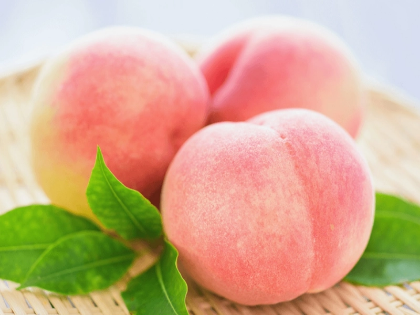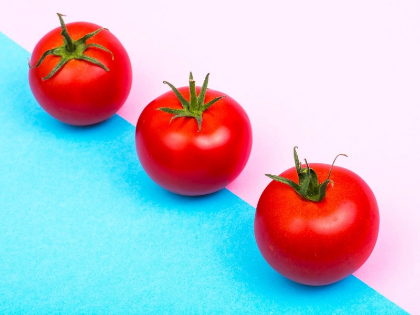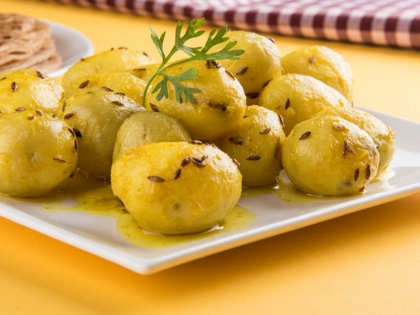A luscious, ripe peach is a summertime treat. The fruit with the fuzzy skin is not only delicious but also has a lot of health advantages.
The delicious treat is rich in vitamin C and beta-carotene, an antioxidant that the body converts to vitamin A. This combination lowers the danger of glaucoma and eye conditions.
Vitamin C
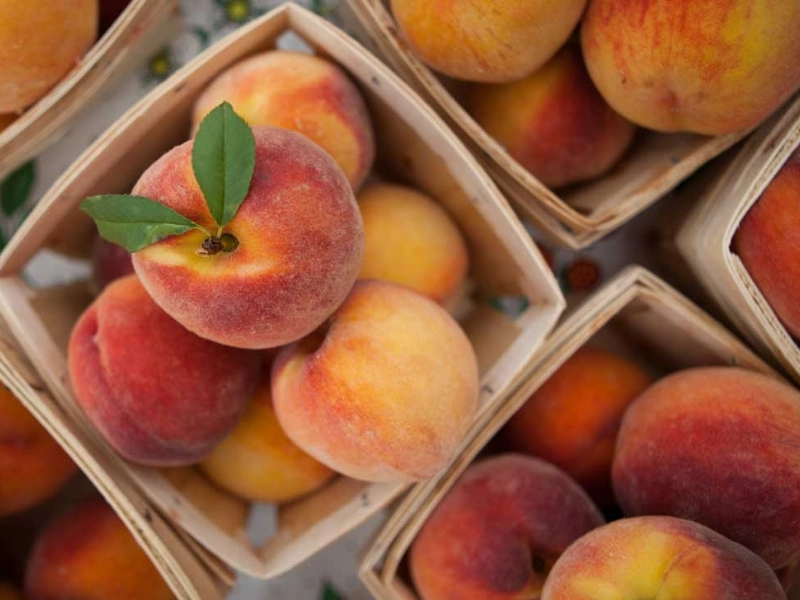
Advertisement
One medium peach has 11% of the recommended daily intake of vitamin C, which is essential for maintaining healthy eyes and clear eyesight. It also naturally brightens the skin.
Peaches and other fruits and vegetables include vitamin A, which is crucial for the health of your eyes because it helps your body absorb other vitamins and nutrients like zinc and prevents dryness. It also functions as a potent antioxidant that can lessen and prevent cell damage.
Peaches are a good source of vitamin A, vitamin C, lutein, and zeaxanthin, all of which are beneficial for eye health. Other great sources of essential nutrients for the eyes include tomatoes, red peppers, and leafy greens. Beyond supporting eye health, increasing your vitamin C intake can also strengthen your connective tissues, support immune system function, and protect you from disease.
Beta-Carotene
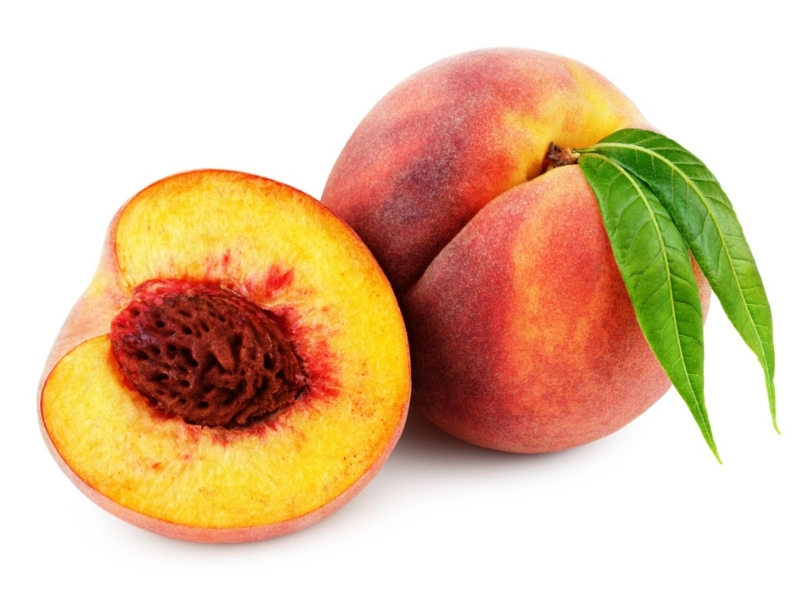
The hue of many orange and yellow fruits and vegetables is caused by the pigment beta-carotene. In addition, the body transforms it into vitamin A, making it a potent antioxidant. According to studies, vitamin A helps the retina absorb light, which is necessary for vision, and lowers the risk of dry eyes. The AREDS study discovered that it decreases a person's risk for macular degeneration.
Due to the possibility of inadequacies, it is critical to obtain this vitamin through a balanced diet. Dry eye syndrome, an uncommon eye disorder that causes a loss of night vision, can be brought on by deficiencies.
Other carotenoids that are crucial for the health of your eyes include lutein and zeaxanthin. They are present in green leafy vegetables, and studies indicate that they may help reduce the risk of glaucoma and macular degeneration. Additionally, as potent antioxidants, they aid in scavenging free radicals that might harm the eye.
Lutein
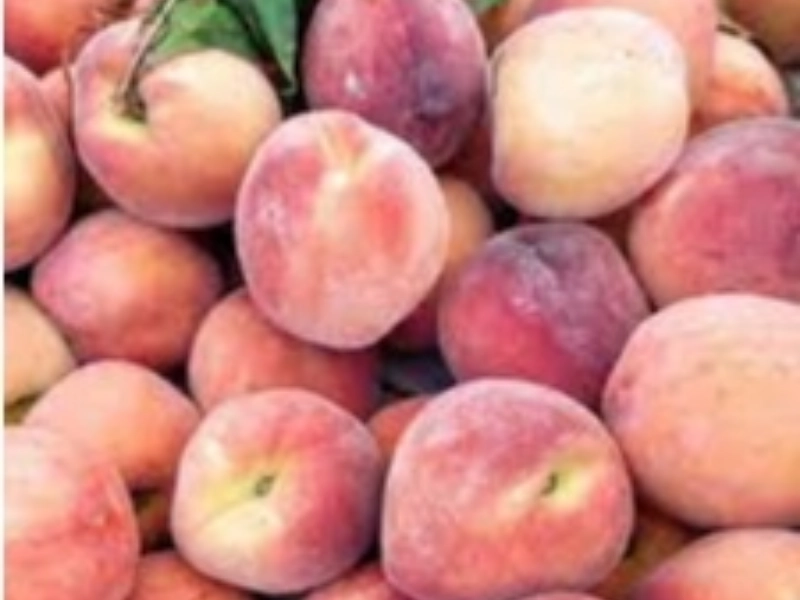
Before 2013, when the second significant clinical trial from the Age-Related Eye Disease Studies (AREDS2) proved lutein's significance in lowering macular degeneration risk, it wasn't given the same level of public attention as beta-carotene. Since then, both consumers and researchers have become more familiar with it.
Lutein, a potent carotenoid, is concentrated in the macula of healthy eyes and may help shield them from risky light waves that may result in vision loss. Lutein also works in tandem with zeaxanthin. Additionally, it improves contrast sensitivity, visual acuity, and macular pigment optical density.
Age-related macular degeneration and cataracts are more likely to develop in people with low lutein levels. The advancement of these problems can be slowed down by a diet high in lutein and zeaxanthin. Lutein is a carotenoid antioxidant that is present in a variety of colorful foods, including citrus fruits, eggs, carrots, kale, squash, and leafy green vegetables. It is believed that lutein has numerous health advantages for the body, including reducing the risk of cancer, heart disease, skin conditions, and type 2 diabetes.
Zeaxanthin

Zeaxanthin is one of just two carotenoids that are present in high concentrations in the retina in the back of your eye, along with lutein. Together, these so-called macular pigments shield the eye from oxidation and injury. Other significant antioxidants that help lower the risk of atherosclerosis, which can result in heart attacks, are lutein and zeaxanthin.
As "non-provitamin A" carotenoids, lutein and zeaxanthin differ from beta-carotene in that they cannot be metabolized by the body into vitamin A. Both lutein and zeaxanthin serve as potent xanthophyll carotenoids that absorb high-energy light to shield the eyes and skin from harm.
Green leafy foods, egg yolks, and dark orange fruits and vegetables, including corn, carrots, mangoes, and squash, all contain lutein and zeaxanthin. You can also take lutein supplements, but experts caution that they shouldn't take the place of a balanced diet. Some people's complexions may become yellow if they consume too much lutein.







